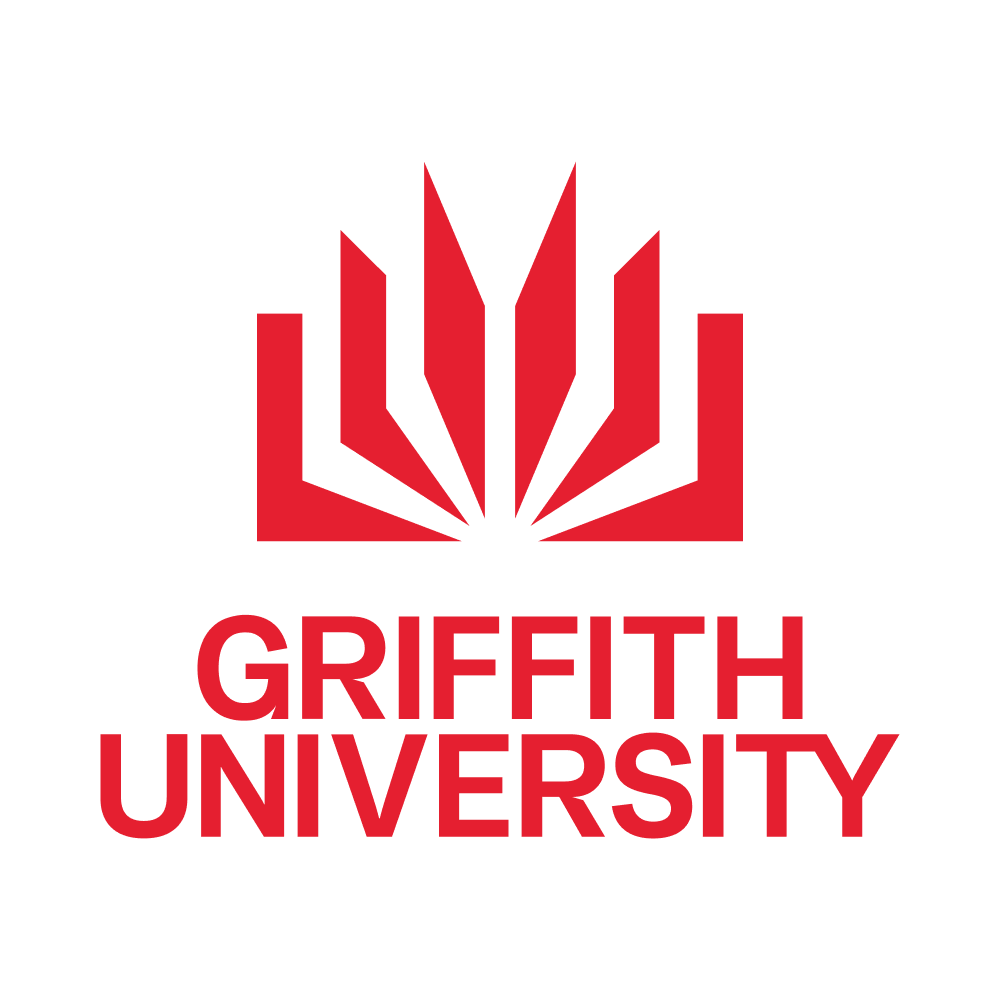Griffith University
Master of International Relations
- Delivery: Online
- Study Level: Postgraduate
- Duration: 24 months
- Course Type: Master's
Study online with a 100% course program that prepares you for various careers in government and diplomatic relations, international business, international organizations, non-governmental organizations, media and more.

Course overview
International relations is a dynamic, rapidly evolving field focused on sources of conflict, cooperation and change in the international system. You'll work with Griffith's world-class academic staff in exploring topics such as diplomacy and statecraft, international security, human rights, globalisation and international organisations.
Key facts
What you will study
There are three pathways of study available. Your eligibility for a particular pathway depends on your previous qualifications and relevant work experience. Pathways may require a different amount of credit points for you to earn.
- Pathway 1 (80 credit points) - One year (related degree and work experience)
- Pathway 2 (120 credit points) - One and a half years (related degree)
- Pathway 3 (160 credit points) - Two years (any degree)
Each course is valued at 10 credit points, unless otherwise indicated.
Core module
Complete the following:
- International Relations: Ideas and Issues OR Trade, Strategy and Risk in Asia
- Foreign Policy
- International Organisations and Peacebuilding
- Global Security OR Research Design
- Democracy and Governance in Asia
- Gender and Security
- Ethics in International Relations
- Key Issues in Global Development
Entry requirements
Academic requirements
To be eligible for admission to the Master of International Relations, you must have:
Pathway 1: 1-year program (80 Credit points)
- A recognised bachelor's degree (or higher) in a related discipline with a minimum grade point average (GPA) of 4.0 using a 7.0 scale; and a minimum of two years of full-time (or equivalent) relevant professional experience.
Note: Students selecting this pathway will not be able to complete a major.
Pathway 2: 1.5-year program (120 Credit points)
You must have one of the following:
- A recognised bachelor's degree (or higher) in a related discipline with a minimum GPA of 4.0 using a 7.0 scale.
- A recognised graduate certificate (or equivalent) in a related discipline with a minimum GPA of 4.0 using a 7.0 scale.
Pathway 3: 2-year program (160 Credit points)
You must have one of the following:
- A recognised bachelor's degree (or higher) in any discipline with a minimum GPA of 4.0 using a 7.0 scale.
- A combination of alternative admission criteria such as formal, informal and non-formal learning deemed to be equivalent to either of the above.
English language requirements
English language requirements apply to international applicants and other applicants whose previous study was undertaken in a language other than English. The minimum English language requirements for such applicants for entry to this program are as follows:
- A minimum overall band score of 6.5 on IELTS (Academic) with no sub-score of less than 6.0.
- A minimum score of 575 on TOEFL.
- An internet-based (iBT) TOEFL score of 79 (no sub-score less than 19).
- No score less than 3+ in each skill of the ISLPR (conducted by ISLPR Language Services only).
- A minimum overall score of 176 (no score less than 169) on C1 Advanced (formerly Cambridge Certificate in Advanced English) or C2 Proficiency (formerly Cambridge Certificate of Proficiency in English).
- An overall score of 58 in the Pearson Test of English (Academic) with no score less than 50.
English test results must be no more than two years old.
If you do not meet the university's specified English language requirements, you may wish to contact the Griffith English Language Institute to increase your eligibility for entering a Griffith University program. This institute offers a number of English language and other courses at both its Brisbane and Gold Coast branches.
Recognition of Prior Learning
Griffith University grants credit and recognition of prior learning which may relate to prior formal learning or prior informal and non-formal learning. The university's Credit Precedent Database allows you to find out what credit decisions have been made in the past. These precedents will give you an idea of what you can expect. Contact the university for more information.
Outcomes
Career outcomes
You may find career opportunities in roles within internationally focused areas of government, including diplomacy, strategic analysis, defence, immigration and trade and investment relations. You could also find work in businesses with overseas profiles, international aid and other non-governmental organisations, and news and media organisations.
Fees and FEE-HELP
Estimated first-year tuition fee in 2026: $31,000 (domestic full-fee paying place).
All costs are calculated using current rates and are based on a study load of 80 credit points (normally eight units) per year.
A student’s annual fee may vary in accordance with:
- The number of units studied per term.
- The choice of major or specialisation.
- Choice of units.
- Credit from previous study or work experience.
- Eligibility for government-funded loans.
FEE-HELP loans are available to assist eligible full-fee paying domestic students with the cost of a university course.








